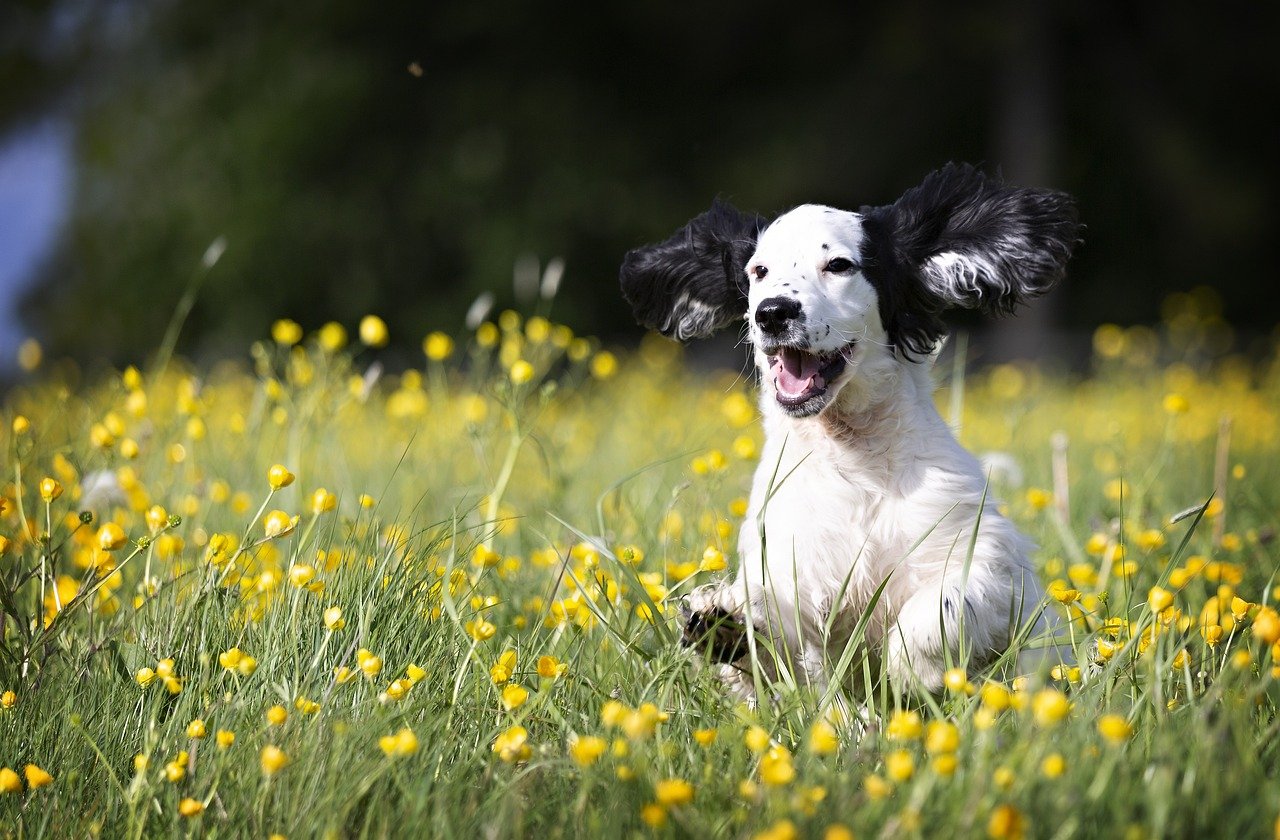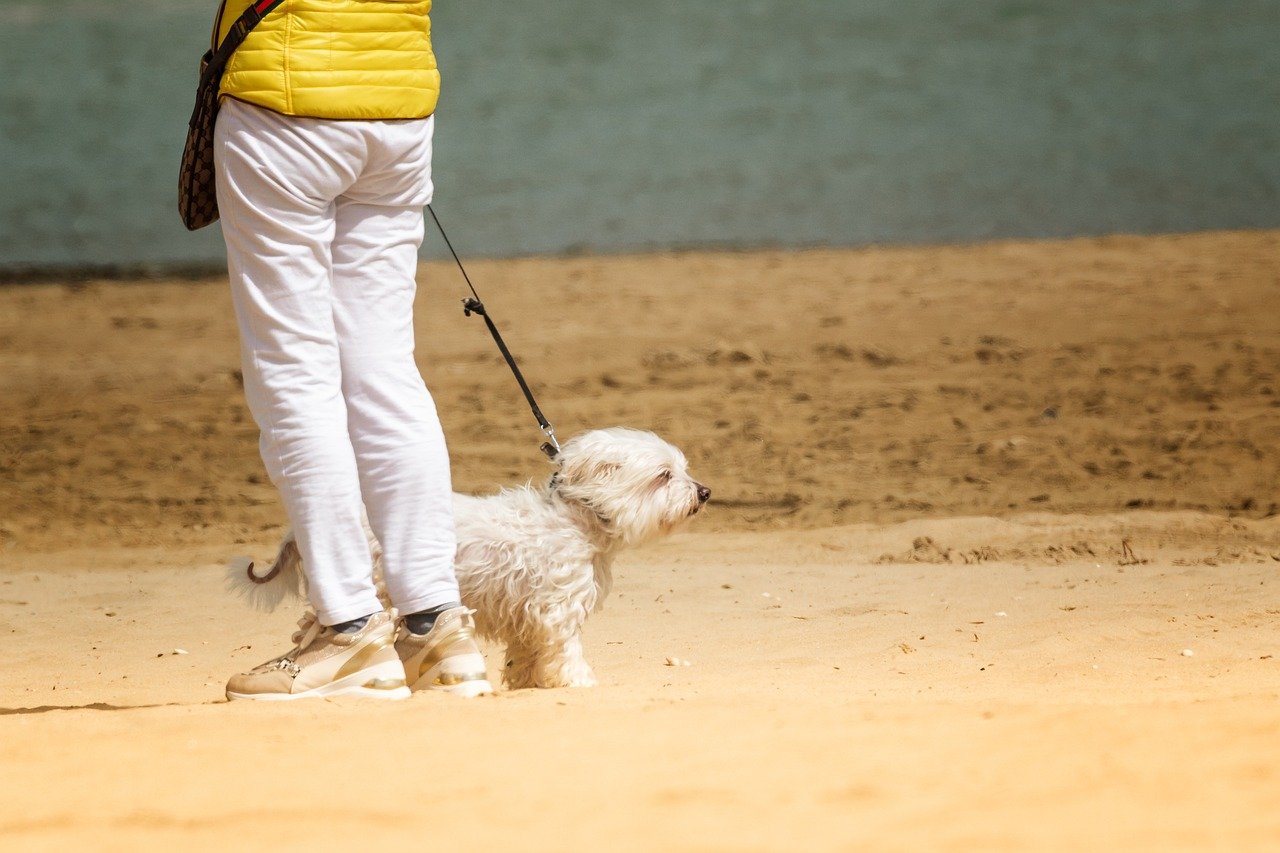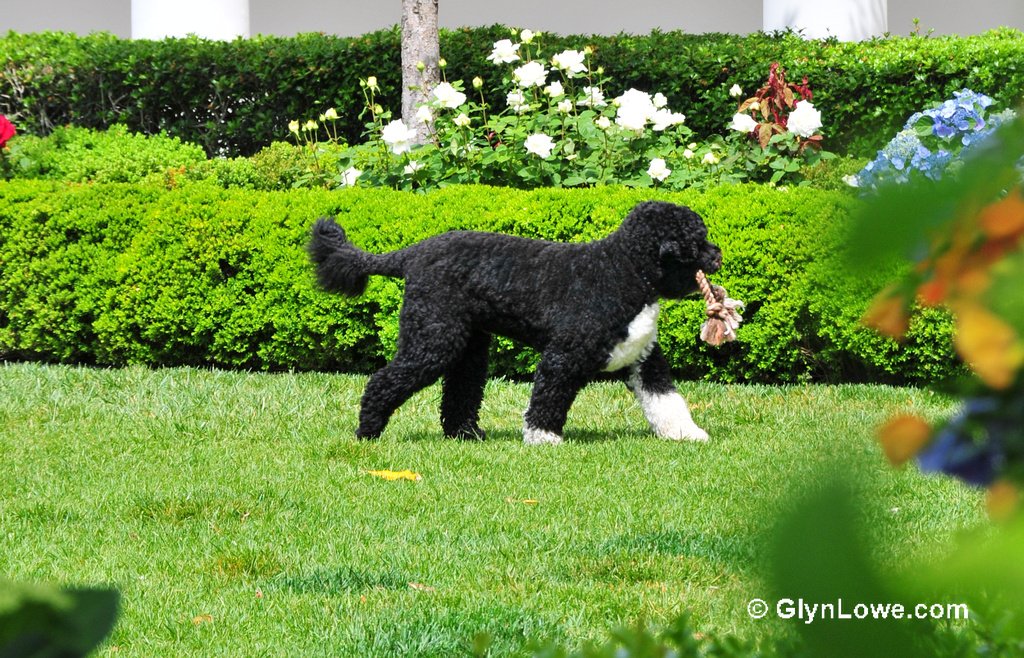Are you ready for the golden years? Imagine spending your retirement with a loyal companion by your side. As we enter this new phase of life, many of us look for companionship and joy, and what better way to find it than with a furry friend? Dogs offer unconditional love, laughter, and a reason to get up and move every day. But with so many breeds to choose from, how do you find the perfect one to fit your retirement lifestyle? Let’s explore the key factors to consider when selecting a dog breed to ensure your retirement years are filled with wagging tails and heartwarming moments.
Understanding Your Lifestyle Needs

First, take a moment to evaluate your current lifestyle. Are you someone who enjoys long walks in the park, or do you prefer a quiet afternoon at home with a good book? Your daily routine will significantly impact the type of dog that will best fit into your life. If you’re active and love outdoor adventures, a breed that thrives on exercise, like a Labrador Retriever, might be ideal. On the other hand, if you enjoy a slower pace, a more laid-back breed like a Basset Hound could be a perfect match.
It’s also important to consider your living situation. Do you live in a spacious house with a yard, or are you in a cozy apartment? Some breeds require more space to roam, while others are perfectly content in smaller environments. Understanding your lifestyle needs will guide you in choosing a breed that complements your daily activities and living conditions, ensuring a harmonious relationship with your new companion.
Assessing Your Physical Capabilities
As we age, our physical capabilities can change, and it’s crucial to choose a dog breed that aligns with your energy levels and physical abilities. Larger, more energetic dogs may require more strength and stamina to handle, while smaller breeds might be easier to manage. Consider breeds like the French Bulldog or the Cavalier King Charles Spaniel, known for their gentle nature and lower exercise requirements.
It’s also wise to think about the grooming and care needs of different breeds. Some dogs require regular grooming sessions to maintain their coats, which might be challenging if mobility is an issue. Opting for a breed with minimal grooming needs can make daily care more manageable, allowing you to focus on enjoying your time together without added stress.
Considering Health and Longevity

When selecting a breed, it’s essential to research their common health issues and lifespan. Some breeds are prone to specific health problems, which could lead to higher veterinary costs and care requirements. For example, Bulldogs are known for respiratory issues, while Dachshunds can have back problems. Choose a breed with a reputation for good health and longevity to ensure you have many happy years together.
It’s also beneficial to consult with a veterinarian or a breed expert to understand the potential health risks associated with different breeds. They can provide valuable insights and help you make an informed decision that aligns with your expectations for a long-lasting and fulfilling companionship.
Finding the Right Temperament

Temperament is a crucial factor when choosing a dog breed, especially in your retirement years. You want a dog that matches your personality and lifestyle. If you enjoy socializing, a friendly and outgoing breed like the Golden Retriever might be ideal. However, if you prefer a more independent and low-maintenance companion, consider breeds like the Shiba Inu or the Basenji.
It’s also important to consider how the dog’s temperament will fit with any other pets or family members you might have. Some breeds are better suited for families, while others thrive as the sole pet. Understanding the temperament of different breeds will help you find a dog that seamlessly integrates into your life and brings joy to your everyday routine.
Evaluating Size and Space Requirements

Size matters when it comes to choosing a dog breed for your retirement years. Larger breeds, like Great Danes, require more space and can be more challenging to manage in smaller living environments. If space is limited, consider smaller breeds such as the Chihuahua or the Pomeranian, which can thrive in apartments or smaller homes.
Additionally, think about the logistics of caring for a larger dog. They may require more food, larger beds, and more substantial accessories, which can be a consideration in terms of budget and space. By evaluating the size and space requirements of different breeds, you can find a dog that comfortably fits into your living situation and lifestyle.
Exploring Energy Levels and Exercise Needs

Different dog breeds have varying energy levels and exercise needs, and it’s important to choose one that matches your activity level. High-energy breeds like the Border Collie or the Australian Shepherd require plenty of physical and mental stimulation, which may be challenging to provide if you prefer a more relaxed lifestyle.
On the other hand, breeds with lower energy levels, such as the Bulldog or the Pug, may require less exercise and be content with shorter walks or indoor playtime. By understanding the energy levels and exercise needs of different breeds, you can select a dog that fits seamlessly into your daily routine and keeps you both happy and healthy.
Considering Allergies and Sensitivities

Allergies can be a significant concern for some individuals, and it’s essential to choose a dog breed that minimizes potential allergic reactions. Hypoallergenic breeds, such as the Poodle or the Bichon Frise, are known for producing fewer allergens and may be a suitable option for those with sensitivities.
Additionally, consider any allergies or sensitivities you might have to grooming products or pet dander. Some breeds require frequent grooming, which could exacerbate allergies. By considering allergies and sensitivities, you can select a breed that allows you to enjoy your furry companion without compromising your health and comfort.
Seeking Professional Guidance

If you’re feeling overwhelmed by the options, seeking professional guidance can be incredibly beneficial. Veterinarians, dog trainers, and breed specialists can provide valuable insights and recommendations based on your specific needs and preferences. They can help you navigate the wide variety of breeds and find one that aligns with your lifestyle and retirement goals.
Visiting local animal shelters or breed-specific rescues can also offer opportunities to meet different breeds and interact with them firsthand. This hands-on experience can provide a better understanding of a breed’s temperament and suitability for your lifestyle, ensuring you make a well-informed decision.
In conclusion, choosing the perfect dog breed for your retirement years involves careful consideration of various factors, from lifestyle needs to health and temperament. By taking the time to evaluate your preferences and seek professional guidance, you can find a loyal companion that brings joy and companionship to your golden years.





